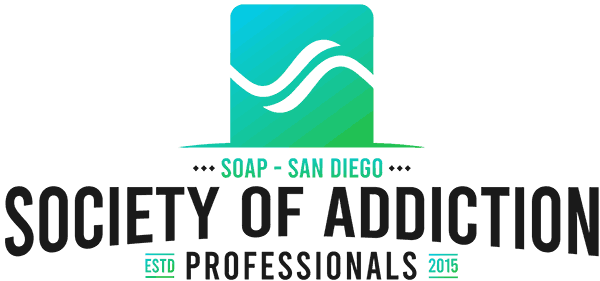Experiential therapy is a technique used in mental health and addiction treatment to help clients recreate and process emotional situations. While many people don’t enjoy group therapy or feel anxiety about becoming emotional, doing another task while processing these feelings can empowering.
What Does Experiential Therapy Mean?
The term Experiential Therapy is used to describe more than just one activity to help clients let their guard down or feel safe. Some clients may find their release comes through art such as painting or jewelry making, while others can release pain related to experiences more tangibly. You’ll find that some treatment centers like to focus on a physical activity like surfing, jogging, or even gym time to help clients work through painful feelings.
ET can also be used to learn meditation, visualization, or relaxation in a controlled setting, guided by a therapist. Learning to cope with emotions is one goal of therapy. However, many people who struggle with addiction also come away from ET with powerful coping tools to help them when they’re struggling in the “real world.”
How is Experiential Therapy Help Addicted People?
If you’re in recovery, you know that one thing many people with addiction issues struggle with is healthy coping tools. Many people may quit one addiction only to pick up another because they’re struggling with challenges and emotions. Experiential Therapy helps addicted people face their feelings head-on.
Once out of treatment, ET sessions can give addicted person direction when they’re struggling. They can take tools like meditation, exercise, and self-care and use them in their daily lives.
Learn More About SD-SOAP
San Diego Society of Addiction Professionals provides a community for people who work in recovery settings to connect. Please explore the rest of our website to learn more about who we are, what we do, and how to join!

